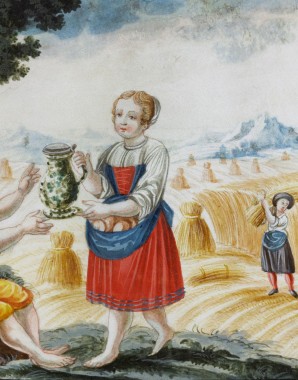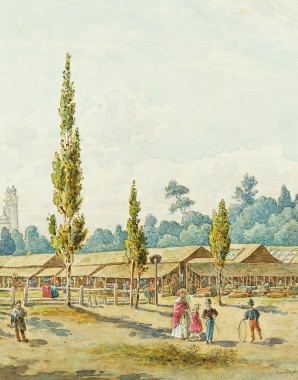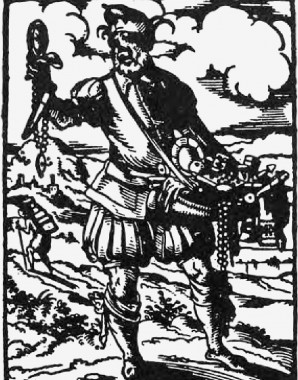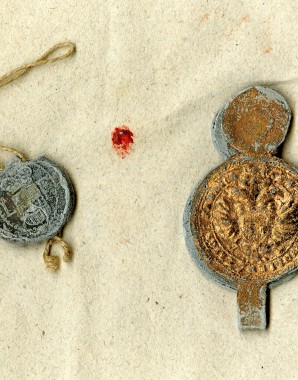Learning to Shop at the Grocer’s
Traders and Trading in the Early Modern Period
In the early modern period trade was conducted at a number of different regional levels. There were local markets, some held weekly, some on several days every week, which were supplied by craftsmen and peasants. This was where people bought the food and everyday items that they needed. Then there were flea markets, where second-hand goods could be bought. Itinerant traders were on the move throughout Europe, offering ‘dispensable’ but important consumer items such as household goods, books and jewellery. Fairs, which had been held all over Europe since the Middle Ages, were mostly of interest to wholesalers. From the seventeenth century many European states tried to develop overseas trade, taking the trading companies of the Netherlands as models.

















